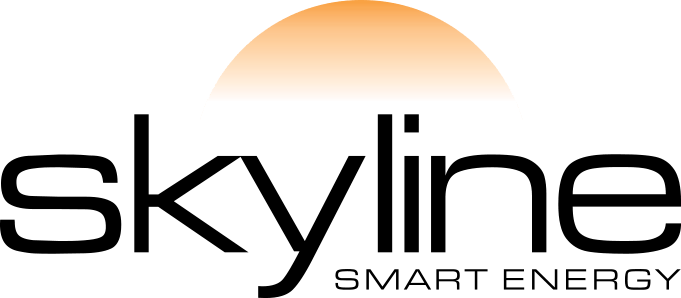Going Solar: Key Considerations for Residential and Commercial Solar Installations
As solar energy becomes increasingly popular, many homeowners and businesses are considering the switch to solar power. Going solar offers numerous benefits, from reducing carbon emissions to saving on electricity costs. However, before embarking on a solar installation journey, it’s important to consider some key factors to ensure a successful transition. In this blog post, we will explore the essential considerations for residential and commercial solar installations.
- Assessing Solar Feasibility: Before investing in a solar energy system, it’s crucial to evaluate the feasibility of solar power for your property. Factors to consider include available roof space, orientation, shading from trees or nearby buildings, and local climate conditions. Conducting a solar feasibility assessment, often performed by solar professionals, helps determine if your property is suitable for solar installations and the potential energy output you can expect.
- Understanding Energy Consumption and Needs: Analyzing your energy consumption patterns is vital for designing an effective solar energy system. Assess your average monthly electricity usage to determine the size of the solar system required to meet your needs. Consider future energy requirements, such as any planned expansions or changes in energy consumption. Understanding your energy needs allows you to design a solar system that maximizes your savings and minimizes reliance on the grid.
- Selecting the Right Type of Solar System: Residential and commercial properties have different energy demands, and selecting the appropriate solar system is crucial. Grid-tied systems, which are connected to the utility grid, are common for both residential and commercial installations. Off-grid systems, on the other hand, are suitable for remote locations or properties seeking complete energy independence. Hybrid systems combine solar power with battery storage, providing backup power during grid outages. Assess your energy goals and requirements to determine the most suitable solar system type for your property.
- Choosing a Reputable Solar Installer: Working with an experienced and reliable solar installer is essential to ensure a smooth and successful installation process. Research local solar companies, read customer reviews, and request quotes from multiple installers to compare prices and services. A reputable solar installer will guide you through the entire process, from system design and permitting to installation and maintenance. They can also provide information on available financing options, incentives, and warranties.
- Navigating Permits and Incentives: Solar installations often require permits and approvals from local authorities. Familiarize yourself with the permitting process in your area and ensure compliance with building codes and regulations. Additionally, research available solar incentives, such as tax credits, rebates, or grants, offered by your government or utility company. Taking advantage of these incentives can significantly reduce the upfront cost of your solar installation and enhance your return on investment.
Conclusion: Going solar offers a sustainable and cost-effective solution for residential and commercial energy needs. By carefully considering factors such as solar feasibility, energy consumption, system type, solar installer selection, and permits/incentives, you can ensure a successful transition to solar power. Embracing solar energy not only reduces your carbon footprint but also allows you to take control of your energy consumption and save on electricity costs. Make an informed decision, work with professionals, and unlock the full potential of solar energy for your property.
